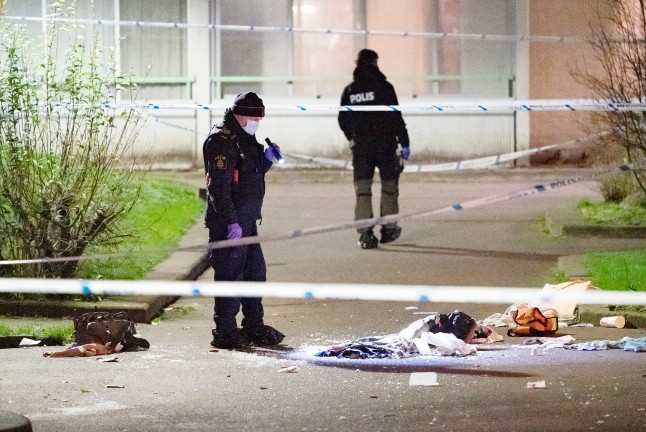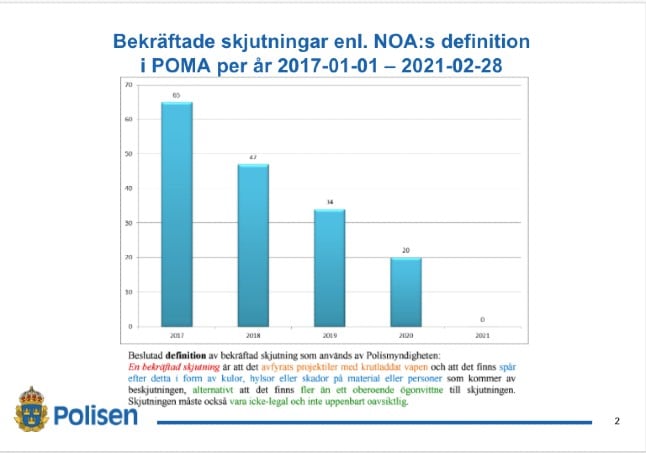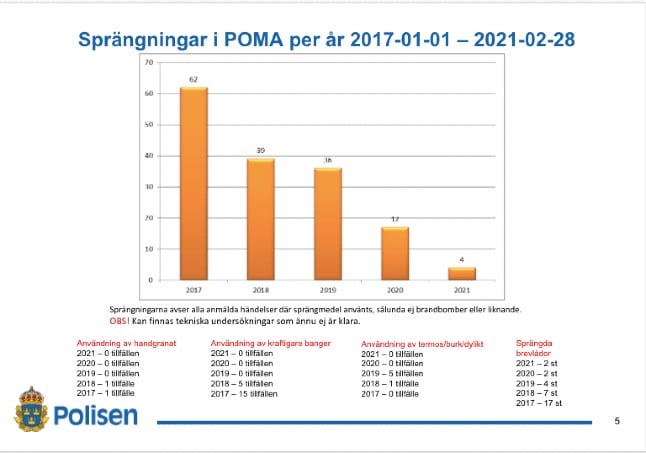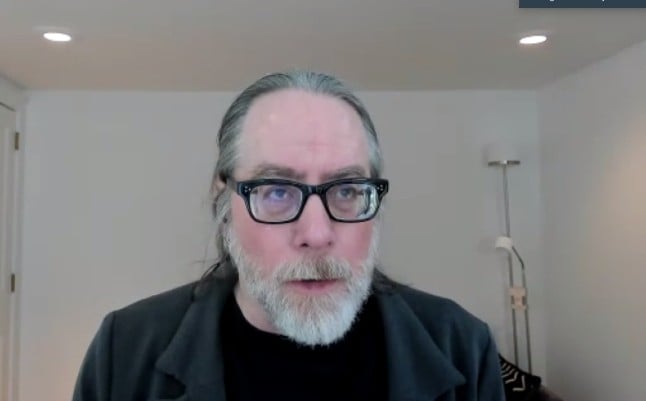“A man called in and told us that someone who looked a lot like Jenny was sitting near a playground,” said press officer Lars-Håkan Lindholm from the Malmö police to The Local.
The man had spotted a woman who he thought looked very much like the missing Jenny across the street from his house.
According to a report in local paper Kvällsposten, the man recognised the outfit she was wearing from the descriptions in the papers and reacted to the fact that her legs looked badly sunburnt, as if she was in pain.
The man watched her as she walked about a hundred metres to a bench near a playground and sat down.
“I asked her if she was alright and she said she was,” the man told Kvällsposten.
He also asked if she was the missing Jenny from the papers, which she denied.
Not convinced, the man decided to phone authorities, telling the police that the woman as acting a bit “confused”.
A couple of police patrols were sent to the location identified by the caller and subsequently found Jenny.
“She was exhausted, but unharmed. One of the patrol cars drove her to the university hospital in Malmö where doctors looked after her,” Persson told the TT news agency.
When she was interviewed briefly by police, Jenny didn’t divulge any information to indicate she had been held against her will or subject to any other crimes.
“She his since given an account of her whereabouts for the last week and as far as we are concerned the case is closed,” said Lindholm to The Local.
Nor were police unable to extract any details about where she had been since she was last seen by her boyfriend on the morning of August 1st.
According to her boyfriend, Jenny left the couple’s shared flat in central Malmö around 9am, telling him that she was going “to work”.
But apart from the boyfriend, no one else had seen Jenny since May, according to the local police, with the only contact coming via text messages.
In addition, police later learned that Jenny had lied about claims to have been working at a Malmö hospital, as she had not been on the job since August of last year.
Despite many unanswered questions about her whereabouts in recent weeks, Jenny’s family was relieved to learn she had been found.
“We’re overjoyed, and we’ve received so much support,” her mother, Anita Persson, told the Kvällsposten newspaper.
“We just hug her. Everything’s forgotten. We’ll start from scratch and will try to help her,” she told the paper.
The family were reunited with Jenny in the hospital. The first one on the scene was her boyfriend, who never had given up hope that she was safe.
“I told her that I thank God and everyone that she is alive,” he told daily Aftonbladet.
The police don’t want to disclose any information regarding Jenny’s whereabouts but leave it to her and the family to go public with any details regarding the case.
“There were no peculiarities with the account she gave us,” said Lindholm to The Local.
At the same time, it doesn’t happen often that someone gone for as long as Jenny has been missing turn up safe.
“Especially not when there’s been so much media attention,” Lindholm told The Local.






 Please whitelist us to continue reading.
Please whitelist us to continue reading.
Member comments